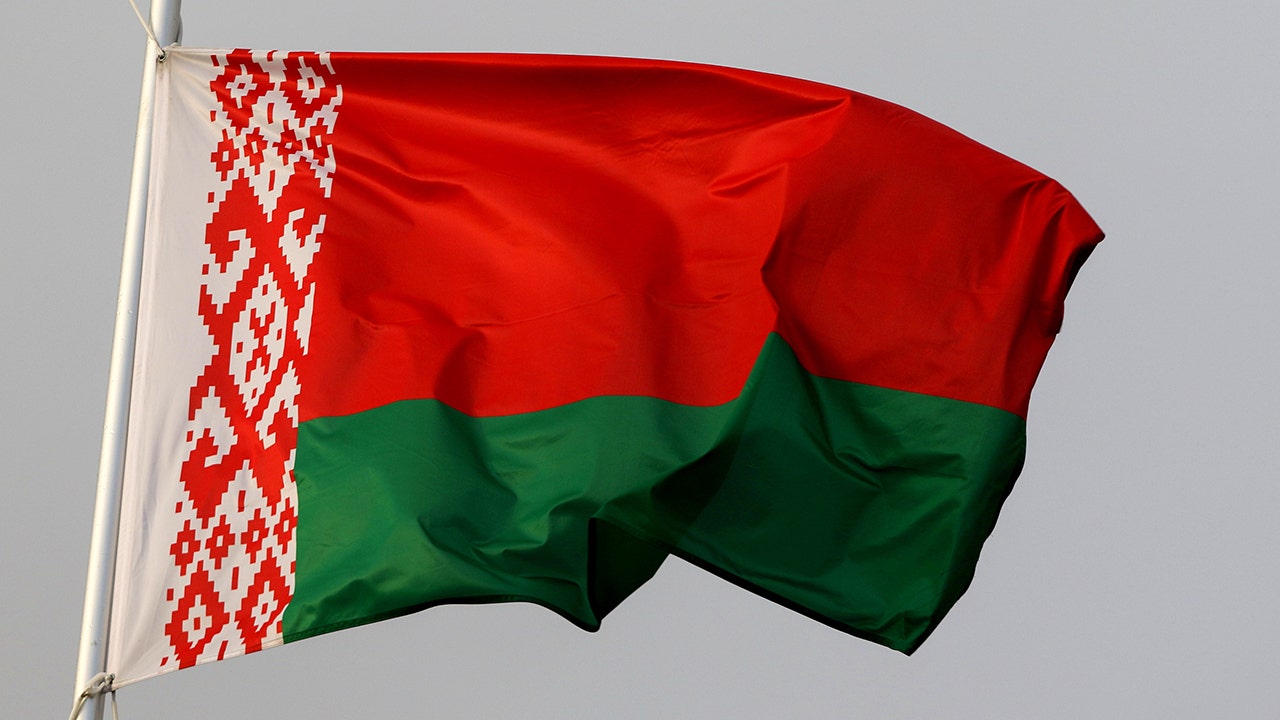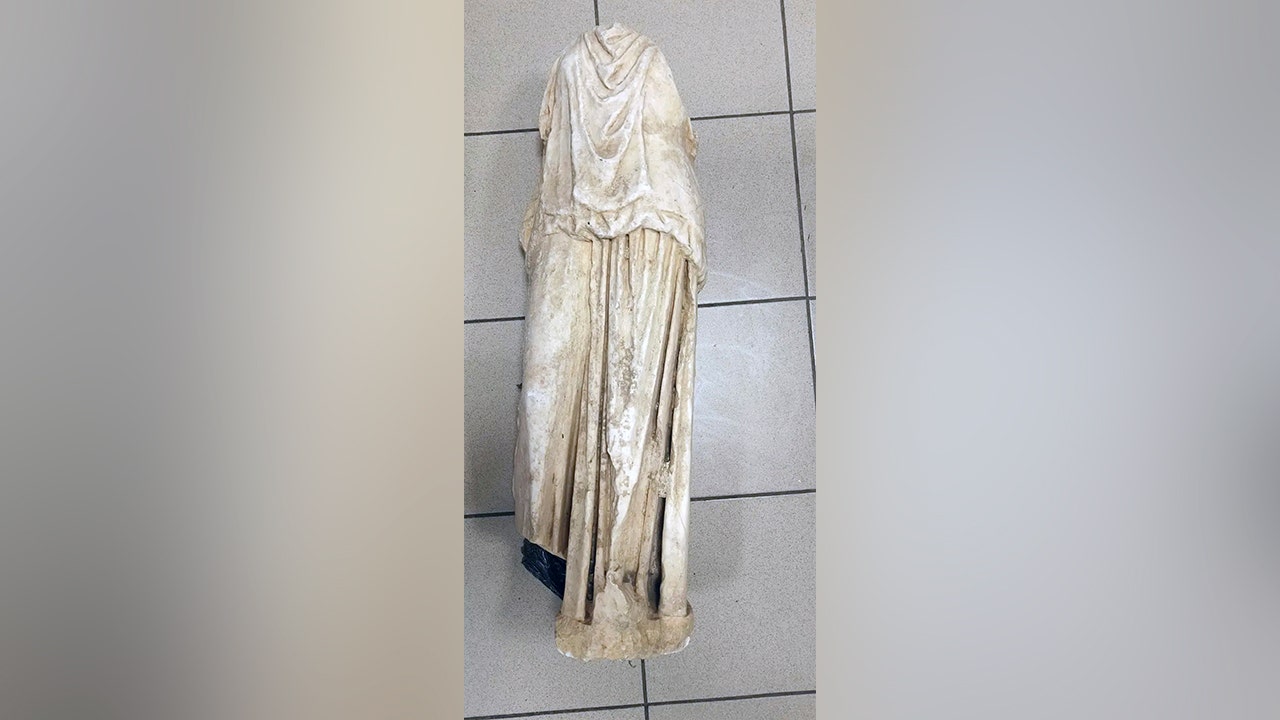U.N. human rights experts have appealed to Belarusian authorities to help a political prisoner who has been diagnosed with an advanced form of cancer.
The experts expressed the “utmost concern” about the denial of medical assistance to Pavel Kuchynski, 29, who was detained in 2022 and sentenced to four years and nine months in prison on charges on insulting the president and threatening to use violence.
BELARUS TARGETS OPPOSITION ACTIVISTS WITH RAIDS AND PROPERTY SEIZURES
Kuchynski was diagnosed with advanced Hodgkin’s lymphoma, which worsened in prison where conditions make it impossible for him to receive a bone marrow transplant, the U.N. experts said in a statement.
U.N. human rights experts have appealed to Belarusian authorities to help a political prisoner who has been diagnosed with an advanced form of cancer. (Maksim Konstantinov/SOPA Images/LightRocket via Getty Images)
Belarusian authorities have cracked down harshly on any form of dissent since the country was rocked by mass protests during President Alexander Lukashenko’s disputed 2020 reelection. The Belarusian opposition and the West denounced the result of the vote as fraudulent.
“In light of Mr. Kuchynski’s severe health condition, please consider granting him pardon or remission of sentence or substituting his imprisonment for an alternative form of deprivation of liberty,” said the appeal signed by Anaïs Marin, the special rapporteur on the situation of human rights in Belarus.
There are 1,401 political prisoners currently behind bars in Belarus, including Nobel Peace Prize laureate Ales Bialiatski, according to human rights organizations. At least five of them have died behind bars, according to the Viasna Human Rights Center in Belarus.
CLICK HERE TO GET THE FOX NEWS APP
The group’s activists said about 100 political prisoners have serious health problems and may be at risk of dying in prison.
Kuchynski’s case demonstrates that Belarusian authorities often impose “disproportionately harsh sentences and create torturous conditions in prison,” along with denying medical care, said Pavel Sapelka from Viasna.





